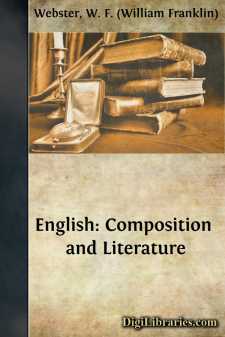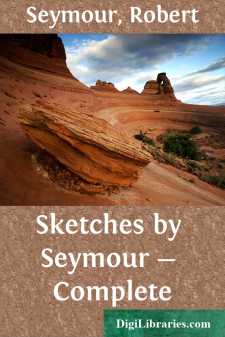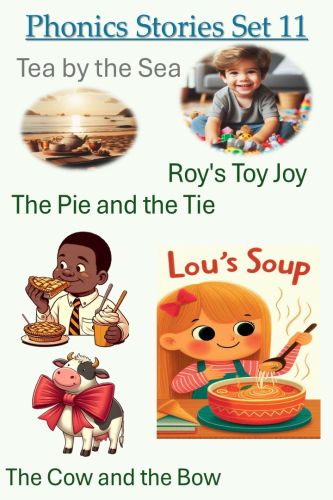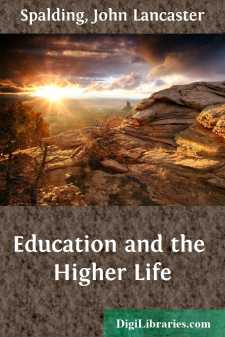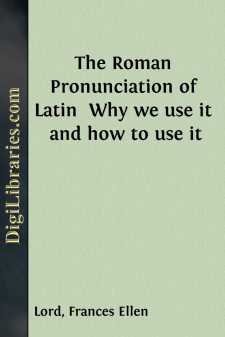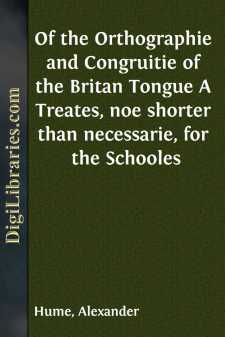Categories
- Antiques & Collectibles 13
- Architecture 36
- Art 48
- Bibles 22
- Biography & Autobiography 813
- Body, Mind & Spirit 142
- Business & Economics 28
- Children's Books 15
- Children's Fiction 12
- Computers 4
- Cooking 94
- Crafts & Hobbies 4
- Drama 346
- Education 46
- Family & Relationships 57
- Fiction 11828
- Games 19
- Gardening 17
- Health & Fitness 34
- History 1377
- House & Home 1
- Humor 147
- Juvenile Fiction 1873
- Juvenile Nonfiction 202
- Language Arts & Disciplines 88
- Law 16
- Literary Collections 686
- Literary Criticism 179
- Mathematics 13
- Medical 41
- Music 40
- Nature 179
- Non-Classifiable 1768
- Performing Arts 7
- Periodicals 1453
- Philosophy 64
- Photography 2
- Poetry 896
- Political Science 203
- Psychology 42
- Reference 154
- Religion 513
- Science 126
- Self-Help 84
- Social Science 81
- Sports & Recreation 34
- Study Aids 3
- Technology & Engineering 59
- Transportation 23
- Travel 463
- True Crime 29
English: Composition and Literature
Categories:
Description:
Excerpt
PREFACE
In July, 1898, I presented at the National Educational Association, convened in Washington, a Course of Study in English. At Los Angeles, in 1899, the Association indorsed the principles of this course, and made it the basis of the Course in English for High Schools. At the request of friends, I have prepared this short text-book, outlining the method of carrying forward the course, and emphasizing the principles necessary for the intelligent communication of ideas.
It has not been the purpose to write a rhetoric. The many fine distinctions and divisions, the rarefied examples of very beautiful forms of language which a young pupil cannot possibly reproduce, or even appreciate, have been omitted. To teach the methods of simple, direct, and accurate expression has been the purpose; and this is all that can be expected of a high school course in English.
The teaching of composition differs from the teaching of Latin or mathematics in this point: whereas pupils can be compelled to solve a definite number of problems or to read a given number of lines, it is not possible to compel expression of the full thought. The full thought is made of an intellectual and an emotional element. Whatever is intellectual may be compelled iv by dint of sheer purpose; whatever is emotional must spring undriven by outside authority, and uncompelled by inside determination. A boy saws a cord of wood because he has been commanded by his father; but he cannot laugh or cry because directed to do so by the same authority. There must be the conditions which call forth smiles or tears. So there must be the conditions which call forth the full expression of thought, both what is intellectual and what is emotional. This means that the subject shall be one of which the writer knows something, and in which he is interested; that the demands in the composition shall not be made a discouragement; and that the teacher shall be competent and enthusiastic, inspiring in each pupil a desire to say truly and adequately the best he thinks and feels.
These conditions cannot be realized while working with dead fragments of language; but they are realized while constructing living wholes of composition. It is not two decades ago when the pupil in drawing was compelled to make straight lines until he made them all crooked. The pupil in manual training began by drawing intersecting lines on two sides of a board; then he drove nails into the intersections on one side, hoping that they would hit the corresponding points on the other. Now no single line or exercise is an end in itself; it contributes to some whole. Under the old method the pupil did not care or try to draw a straight line, or to drive a nail straight; but now, in order that he may realize the idea that lies in his mind, he does care and he does try: so lines are drawn better and nails v are driven straighter than before. In all training that combines intellect and hand, the principle has been recognized that the best work is done when the pupil’s interest has been enlisted by making each exercise contribute directly to the construction of some whole....


